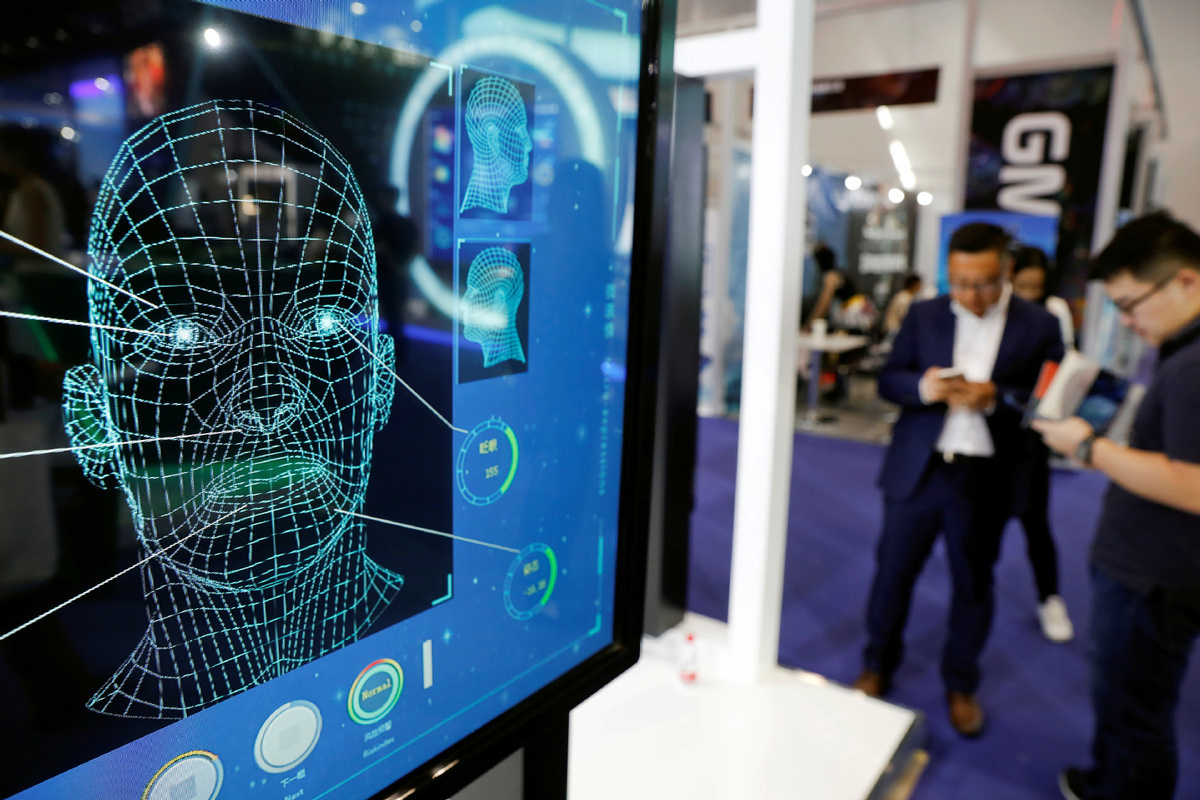New rules to curb misuse of facial recognition tech
By CAO YIN | CHINA DAILY | Updated: 2021-07-29 07:36

The Supreme People's Court issued a judicial document on Wednesday setting out guidelines for the use of face-scanning technology and protection of people's identities and privacy.
Shops installing face-scanning systems to gather consumers' data without getting their permission and software operators forcing users to give their facial information will be in violation of people's personality rights, the document said.
The 16-article judicial interpretation, which will provide guidance for judges in civil cases, takes effect on Sunday.
Facial recognition-a major feature of artificial intelligence-has been widely applied in areas such as public transportation and security management. "But it has also made some people worried about their privacy or even harmed their personality rights due to its abuse," said Yang Wanming, vice-president of the top court.
In recent years, there have been cases involving the abuse of face-scanning systems, which have harmed people's personality and property rights and disturbed social order, according to the court.
"For example, stores that were exposed in a television program in March changed their marketing strategy after installing cameras to collect facial information of customers and analyzing their gender, age and mood," Yang said.
Some operators of smartphone applications refuse to provide services if users decline to submit their facial information. "It's a big complaint among the public and also a problem when consumers want to protect their rights," said Chen Longye, head of the civil division of the top court's research office.
"Facial information is sensitive, meaning using the information could have significant effects on an individual's rights and interests. Information handlers must get permission from the individuals," he said.
Chen said the principle on voluntary provision of information in the Civil Code, which is highlighted in the judicial interpretation, makes it clear that no one can be forced to provide facial information.
Community management departments and those responsible for security at building entrances should provide residents with other methods to prove their identities. Residents should be granted entry even if they decline to use a facial recognition system, according to the top court document.
Yang said the courts will consider personal information protection the priority when dealing with such cases and further judicial research will be conducted on the subject.
From July 1, 2010, to Dec 31, 2020, courts nationwide heard 1.14 million disputes relating to people's personality rights, according to the top court. They also resolved 1,678 privacy-related cases between January 2016 and December 2020.
In recent years, legislative measures have also been introduced to deal with information leaks relating to offenses such as telecom fraud and blackmail, to safeguard people's property and personal rights.
From June 2017 to June this year, courts nationwide heard 10,059 criminal cases involving infringement of personal information, of which, 9,743 have been concluded, according to the top court.
More than 21,000 people received prison terms, with 3,803 sentenced to three or more years.
























